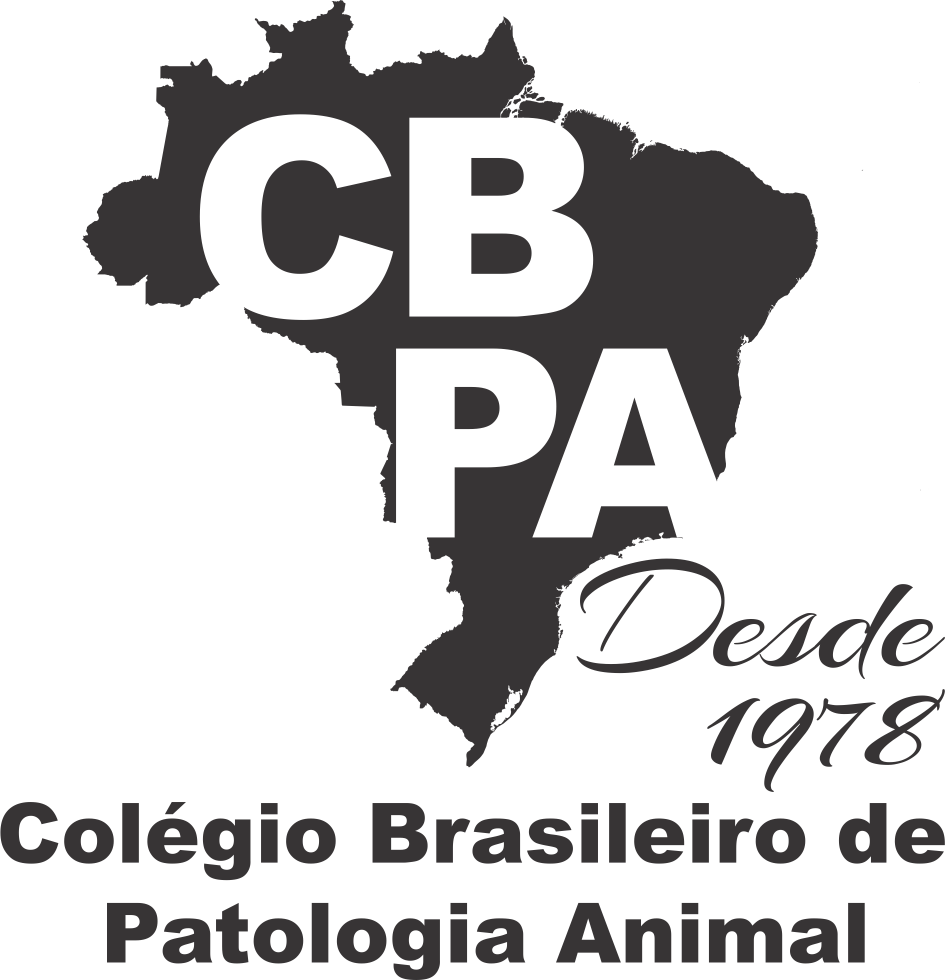Resultado da pesquisa (1)
Termo utilizado na pesquisa cross-immunity
#1 - Cross-immunity by the seeds of Abrus precatorius and Ricinus communis in cattle, 17(1):25-35
Abstract in English:
ABSTRACT.- Tokarnia C.H. & Döbereiner J. 1997. [Cross-immunity by the seeds of Abrus precatorius and Ricinus communis in cattle.] Imunidade cruzada pelas sementes de Abrus precatorius e Ricinus communis em bovinos. Pesquisa Veterinária Brasileira 17(1):25-35. Projeto Saúde Animal Embrapa /UFRRJ, Km 47, Seropédica, RJ 23851-970, Brazil.
Five bovines immunized against the toxicity of the seeds of Abrus precatorius L. (jequiriti bean) did not get poisoned or only slightly so when the seeds of Ricinus communis L. (castor bean) were given in amounts that in bovines, which never before ingested the seeds of A. precatorius or R. communis, caused moderate to severe poisoning or even death. A sixth bovine, which was not well immunized against the toxic action of the seeds of A. precatorius, was severely poisoned when given a high dose of the seeds of R. communis. On the other side, from five bovines immunized against the toxic action of the seeds of R. communis four were everely poisoned and the fifth one moderately when the seeds of A. prectitorius were given in doses that in bovines, which never before ingested seeds of R. communis or A. precatorius, caused slight to severe poisoning. It is concluded that bovines immunized against the toxic action of the seeds of A. precatorius are resistant to the toxic action of the seeds of R. com munis, but that the contrary is not the case; this is, bovines immunized against the toxic action of the seeds of R. communis were not protected against the poisoning by A. precatorius. Earlier studies by other authors had shown that the toxalbumins of the seeds of A. Precatorius and R. communis, respectively abrin and ricin, are different as to their antigenic properties. A possible explanation for the difference in results can be.that in the present study polygastric animals were used which received the seeds orally, but in the earlier studies monogastric animals received the seeds or toxins by parenteral route. The administration of the fresh leaves or the pericarp of the fruits R. communis to bovines, which had been immunized against the action of the seeds of the plant, had the sarne toxic effect as to not immunized animals, showing that the immunity due to ricin does not give protection against the action of ricinin, the toxic principie of the leaves and the pericarp.
Abstract in Portuguese:
SINOPSE.- Tokarnia C.H. & Döbereiner J. 1997. [Cross-immunity by the seeds of Abrus precatorius and Ricinus communis in cattle.] Imunidade cruzada pelas sementes de Abrus precatorius e Ricinus communis em bovinos. Pesquisa Veterinária Brasileira 17(1):25-35. Projeto Saúde Animal Embrapa /UFRRJ, Km 47, Seropédica, RJ 23851-970, Brazil.
Cinco bovinos imunizados contra a ação tóxica das sementes de Abrus precatorius L. (" tento", "jiquiriti") não adoeceram ou somente levemente pela administração das sementes de Ricinus communis L. ("mamona"), em doses que em bovinos que antes nunca ingeriram sementes de A. precatorius ou R. communis, causaram intoxicação de intensidade de grau moderado a acentuado ou até a morte. Um sexto bovino, que não ficou bem imunizado contra a ação tóxica das sementes de A. precatorius, adoeceu em grau acentuado pela administração de dose elevada das sementes de R. communis. Já dos cinco bovinos imunizados contra a ação tóxica das sementes de R. communis quatro adoeceram em grau acentuado, o quinto em grau moderado, pela administração das sementes de A. precatorius em doses que em bovinos que antes nunca ingeriram sementes de R. communis ouA. Precatorius causaram intoxicação de intensidade leve a acentuada. Estes resultados permitem concluir que bovinos imunizados contra a ação tóxica das sementes de A. precatorius são resistentes à ação tóxica das sementes de R. communis, mas que o contrário não ocorre, isto é, bovinos imunizados contra a ação tóxica das sementes de R. communis, não se mostraram protegidos contra a intoxicação por A. precatorius. Estudos anteriores por outros autores mostraram que as toxalbuminas de A. precatorius e R. communis, respectivamente abrina e ricina, são diferentes do ponto de vista antigênico. Uma explicação para a divergência desses resultados com os nossos poderia estar no fato de que no presente estudo foram usados poligástricos que receberam as sementes por via oral, enquanto que nos estudos anteriores foram usados monogástricos em que as sementes ou as toxinas foram aplicadas por via parenteral. A administração de folhas frescas ou do pericarpo do fruto de R. communis a bovinos imunizados contra a ação das sementes desta planta tiveram o mesmo efeito tóxico que em animais não imunizados, demonstrando que a imunidade conferida pela ricina não inibe a ação da ricinina, o princípio tóxico das folhas e do pericarpo.









